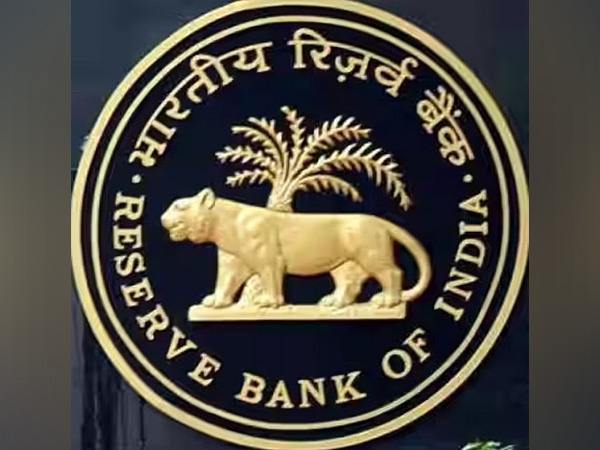Prospects for Indian agriculture are brightening: RBI monthly bulletin
The prospects for Indian agriculture are brightening with the early landfall of the southwest monsoon, highlights the monthly bulletin released by the Reserve Bank of India (RBI) on Wednesday.

- Country:
- India
The prospects for Indian agriculture are brightening with the early landfall of the southwest monsoon, according to the monthly bulletin released by the Reserve Bank of India (RBI) on Wednesday. The RBI highlighted that the early arrival of the southwest monsoon will boost the agriculture prospects and is expected to surge agricultural production. An early monsoon is generally beneficial for crops, leading to better yields and overall agricultural productivity.
In addition to the optimistic outlook for agriculture, the bulletin provided an update on the broader economic situation in India. It noted that headline inflation is gradually decreasing. This easing of inflation is primarily due to a consistent decline in the core component of inflation. The headline inflation is the total inflation in an economy. It is the raw inflation figure reported through the Consumer Price Index (CPI). The headline inflation figure includes inflation in a basket of goods that includes commodities like food and energy.
However, the RBI pointed out that the path to lower inflation is not without challenges. The bulletin pointed says that the volatile and elevated food prices continue to disrupt the steady decline in overall inflation, making the process of disinflation uneven. The RBI also highlighted the recovery in domestic demand. As the Indian economy continues to recover from the impacts of the pandemic, domestic demand has been picking up. This recovery has resulted in India returning to a net borrower status in the financial year 2021-22. Being a net borrower means that the country is borrowing more from foreign sources than it is lending out, which is reflected in the current account deficit.
RBI stated that this shift to a net borrower status is mainly due to several factors. One significant reason is the reduction in net resource flows from other depository corporations (ODCs) and other financial corporations (OFCs). These institutions are borrowing less, contributing to the overall increase in the country's borrowing needs. Additionally, there has been a decrease in funding from households and private non-financial corporations. This reduction in funding sources has led to an increased reliance on borrowing from abroad. (ANI)
(This story has not been edited by Devdiscourse staff and is auto-generated from a syndicated feed.)










